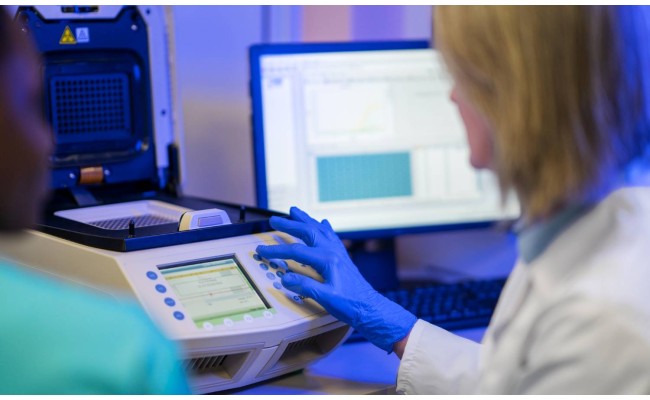- Call: +1 850 633 2663

Differential Scanning Calorimetry (DSC) gauges the heat difference needed to raise the temperature of a sample compared to a reference. Advanced DSC delves deeper into intricate material behaviors, offering heightened data accuracy. Techniques like Modulated DSC (mDSC) use temperature modulations during testing, separating overlapping thermal events and giving a clearer baseline. This approach reveals both reversible and irreversible material transitions. High-speed DSC captures swift transitions, often missed in standard scans. High-Pressure DSC (HPDSC) examines materials under increased pressures, crucial for specific industries like pharmaceuticals. Superior sample preparation in advanced DSC ensures minimal oxidation, with enhanced methods for data interpretation, encompassing kinetic analyses and purity assessments. In a nutshell, advanced DSC provides a more detailed, sophisticated insight into materials, overcoming standard DSC limitations.
Advanced DSC provides insights far beyond basic thermal transitions, offering nuanced information about complex reactions, material compatibilities, and even the slightest changes in molecular configurations. By mastering these advanced techniques, formulators can achieve a deeper understanding of the materials they work with, predict potential challenges in formulation, and innovatively address them. Moreover, as the market becomes more competitive and consumers more discerning, the insights garnered from advanced DSC can be the differentiator in product success, ensuring safety, efficacy, and longevity.
This is a very useful industry recommended training for the adhesives and sealants industry professionals in particular;
- R&D chemists, formulators, scientist, new product developers
- Technical service managers, lab managers, product managers
- OEM and brand owners
0 reviews